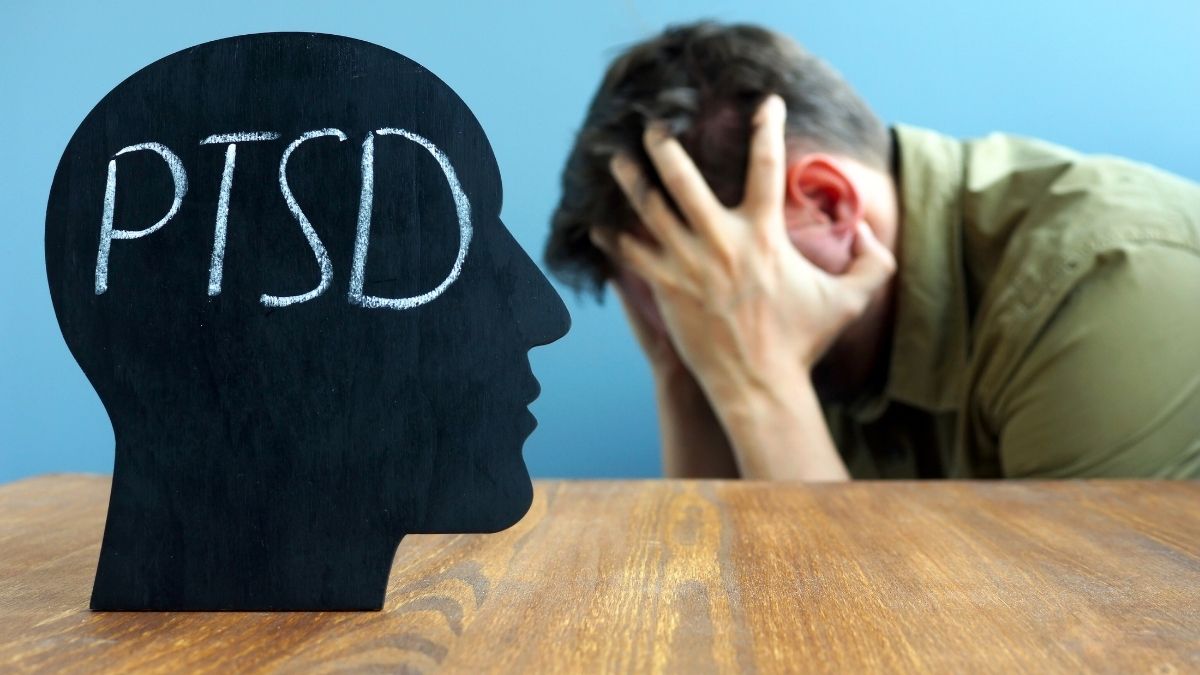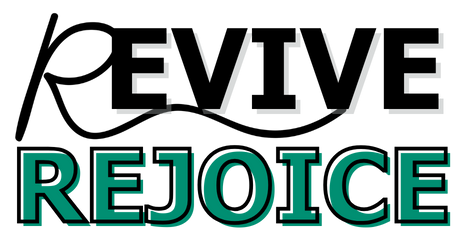Can childhood trauma lead to mental illness
Childhood leaves an imprint. For many, it’s filled with warmth and love, but for others, it’s marked by pain and fear. Those early wounds can linger, shaping how you see the world and yourself.
You are not alone if you have experienced childhood trauma. Scars may be invisible, but their effects are real.
Sometimes manifesting itself in anxiety, depression, or even deeper mental health struggles.
1. Understanding Childhood Trauma: What It Is and Why It Matters

What Exactly Is Childhood Trauma?
Childhood trauma isn’t just about one-time events like an accident or a scary experience. It can also come from ongoing exposure to emotional neglect, abuse, or growing up in an unstable household.
Trauma imprints on a developing brain, shaping the way a child understands the world and their place in it.
According to studies, approximately 60% of adults have experienced at least one adverse childhood experience (ACE), whether that’s physical, emotional, or sexual abuse, or household dysfunction.
Why Does Childhood Trauma Matter?
It’s easy to brush off childhood experiences as “something kids get over.” But the truth is, the effects of trauma often outlive childhood itself.
Trauma affects the developing brain, altering the way children handle stress and emotions as they grow. This isn’t just speculation. Science backs this up.
Studies show that early childhood trauma can alter the brain’s structure, particularly in areas that regulate stress responses.
Imagine living in a constant state of ‘fight or flight’ that’s what it can feel like for someone dealing with unresolved trauma.
Why We Need to Talk About This
We often downplay childhood trauma because it’s uncomfortable to think about. But by understanding it, we give people permission to address their own pasts and heal.
Trauma doesn’t just go away with time, and ignoring it can make things worse. When a child is exposed to trauma, the emotional weight follows them into adulthood.
As reported, adults with childhood trauma are 3-4 times more likely to develop mental health issues than those without. And that’s why it matters we need to start the conversation early so healing can begin.
2. The Hidden Link Between Trauma and Mental Health Disorders

How Trauma Rewires the Brain
Trauma has a profound impact on the brain. It’s not just emotional it’s biological. When someone experiences trauma as a child, their brain undergoes physical changes, especially in the areas that control emotions and stress responses.
According to research, the amygdala, the part of the brain responsible for fear and stress, becomes hyperactive, while the prefrontal cortex, which regulates emotions, weakens.
This imbalance makes it harder to cope with stress later in life. For someone who’s lived through trauma, even small challenges can trigger heightened reactions, leading to mental health disorders such as PTSD, anxiety, or depression.
The Connection Between Trauma and PTSD
One of the clearest links between trauma and mental health disorders is post-traumatic stress disorder (PTSD). Studies show that 50-60% of individuals who experience childhood trauma are at risk of developing PTSD.
PTSD doesn’t just emerge from life-threatening events like war. Childhood abuse, neglect, or witnessing violence can leave a person stuck in a constant state of hypervigilance.
Those who suffer often relive the trauma through flashbacks, nightmares, or intrusive thoughts. Over time, this chronic state of stress takes a toll on mental health, further deepening the trauma’s impact.
Anxiety and Depression: Two Sides of the Same Coin
Trauma and mental illness often go hand in hand. When trauma goes untreated, it often manifests as depression or anxiety.
Someone who grew up feeling unsafe or unloved may struggle with feelings of worthlessness, hopelessness, or panic later in life.
In fact, individuals with childhood trauma are more than twice as likely to develop major depressive disorder.
They may also live with constant anxiety, always waiting for the next bad thing to happen. The trauma they endured leaves them wired for fear, unable to relax, trust, or feel secure.
3. Healing from Childhood Trauma: Pathways to Mental Well-Being

Recognizing the Need for Healing
Healing from childhood trauma is not a straight road. It’s a journey that often begins with recognizing how past experiences still echo in your present.
Many people don’t even realize they’re carrying trauma, mistaking it for normal stress or anxiety.
But research has shown that unresolved trauma can impact your mental health for years, increasing the risk of anxiety, depression, and PTSD by 50%.
Acknowledging your pain is the first step one that opens the door to real healing.
The Power of Therapy: A Safe Space for Healing
Therapy is often the most effective path to healing. Cognitive-behavioral therapy (CBT), Eye Movement Desensitization and Reprocessing (EMDR), and trauma-focused therapies provide tools to process the pain.
These therapies help people rewire how they respond to traumatic memories, helping to break free from the emotional grip of the past.
Studies have found that over 77% of trauma survivors show significant improvement with trauma-focused therapy, proving its life-changing potential.
Healing doesn’t mean forgetting it means learning to live with the memories in a healthier way.
Moving Forward, One Step at a Time
Healing from childhood trauma isn’t a destination; it’s an ongoing process. Some days will be harder than others, and that’s okay.
Progress comes in small, sometimes almost invisible steps. But each step, no matter how small, brings you closer to well-being.
According to experts, the key to recovery lies in consistency showing up for yourself day after day, even when it’s difficult.
Healing is hard work, but it’s work worth doing. You owe it to yourself.








